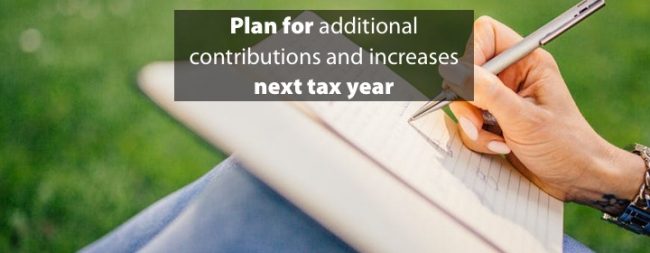Towards the end of 2017, President Zuma instructed South Africa’s minister of finance, Malusi Gigaba, to resolve economic challenges after Standard & Poor’s lowered both the country’s long-term foreign and local currency debt ratings by one notch on Friday, 24th November.
A statement was released about the measures that would need to be taken to trim expenses and increase revenue in order to address the R40-billion deficit identified by the ratings agency and October’s Medium-Term Budget Policy Statement (MTBPS). And an article published by BusinessTech explains that “this would equate to cuts in expenditure amounting to about R25 billion, as well as revenue-enhancing measures amounting to about R15 billion, including, where appropriate, tax measures.”
According to a report by BusinessDay, “Treasury has since confirmed that these amounts were over and above the R15-billion in tax measures and R31-billion in spending cuts for the 2018-19 fiscal year already included in former Finance Minister Pravin Gordhan’s budget in February.” Earlier in the year, Gordhan announced hard-hitting increases in personal income tax for 2017-18, which included a new top personal income tax rate of 45% for the estimated 100,000 individuals who have taxable incomes above R1.5 million.
The government is now looking to implement a total of R30-billion in tax hikes and more than R50-billion of spending cuts in 2018 to cover the economic shortfall with which they are faced. However, following the recent MTBPS, a number of analysts have noted a growing concern that South Africa has already reached its limit in terms of the amount of revenue that it can extract from taxpayers through further tax increases. Kyle Mandy, tax policy leader at PwC, highlights that “the last few years have seen significant tax increases directed at fiscal consolidation in a low growth environment and amid growing concerns of levels of corruption and government inefficiency.”
In addition to tax hikes, massive budget cuts are allegedly on the horizon, which are reported to include cutting social grant payments and reducing the rollout of RDP houses. There are also potential plans to generate more revenue by increasing VAT.
As the government struggles to rectify the increasing public-debt ratio, and appeal to investors and ratings agencies, it’s important to ensure that you stay well-informed about the situation and are financially prepared to make any additional contributions required. Don’t hesitate to arrange a meeting if you would like to discuss any increases that may affect you.
Original source:
business tech – South Africa looking at R30 billion tax hike for 2018
business tech – Zuma considers tax increases and spending cuts following ratings downgrades
business live – budget in a nutshell tax hikes hit south africans pockets hard

